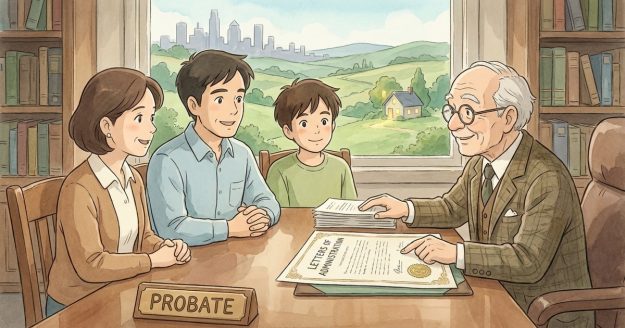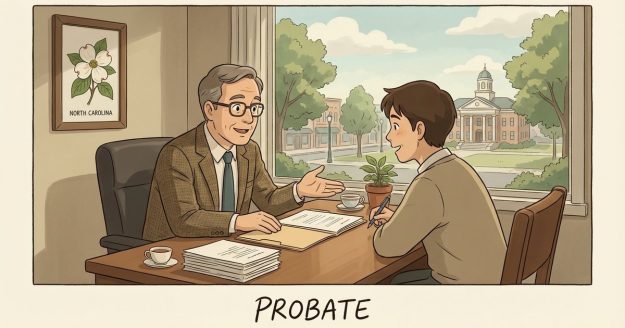What happens if there is no will on file—can the estate still be administered? nc
What happens if there is no will on file—can the estate still be administered? – North Carolina Short Answer Yes. In North Carolina, an estate can still be opened and administered even if no will is on file. When no will is found or filed, the estate is generally handled as an intestate estate (meaning…











